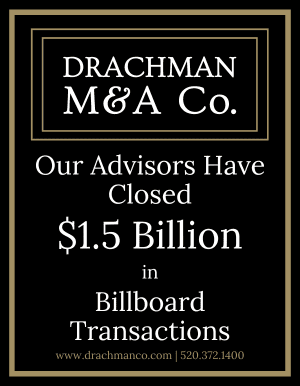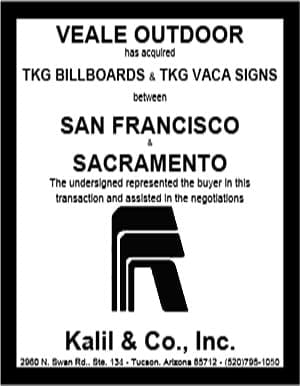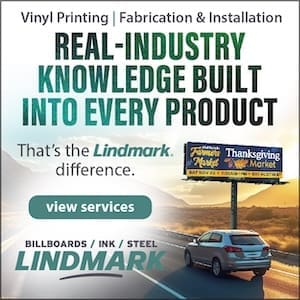 My thoughts about dealing with ad agencies are confined to local agencies. Ad agencies are not clients; they are spokespeople for clients. They are due all the respect, ideas, follow-through, and accountability afforded any spokespeople. Agency/advertiser relationships tend to be very temporary. The constants are you (the media) and the advertiser.
My thoughts about dealing with ad agencies are confined to local agencies. Ad agencies are not clients; they are spokespeople for clients. They are due all the respect, ideas, follow-through, and accountability afforded any spokespeople. Agency/advertiser relationships tend to be very temporary. The constants are you (the media) and the advertiser.
It is helpful to understand what type of agency you are dealing with. It’s analogous to a marching band:
The Band Director: All knowing, visionary, and leader of the process/outcome. It’s their ideas and execution that creates beautiful music. This type of ad agency is extremely rare.
The Majorette: They find a parade and get in front of it. They inject themselves in media/client relationship for the purpose of creating profits for themselves. They are often former radio/ TV /print ad salespeople that have one or two major accounts and have decided to start their own “agency”. Their motivation is looking good to the client. They live in fear of losing their accounts.
The Instrument Players: Very experienced/skilled at one part of the overall outcome. Their knowledge of other job functions/media are extremely limited. They buy the media they are most familiar with. They aren’t big-picture focused and often won’t expand their knowledge about other media.
The Equipment Manager: They are brought along for various ancillary tasks usually logistics, project management, or compliance. They don’t directly contribute to the outcome of an ad program Their knowledge of the overall process and marketing world is extremely limited.
Agencies deserve to be kept as informed as you keep the client. Everything has to be two-pronged, working with the agency, and maintaining a strong relationship with the client. For every agency order you get you must have the name/contact information of the decision-maker at the client who signs off on what the agency does. I always drop a “thank you” card to the client after I’ve gotten an order through their agency, thanking them for the business.
The smaller the agency the more likely they are working on their own agenda and not the client’s. View the agency website to find out how they describe their value to potential accounts.
Agencies convince advertisers that they “don’t cost them anything “; the media will pay the agency a 15% commission. Advertisers don’t value something they don’t pay for. Many OOH companies do not concede a commission which alters the agency’s ability to be objective.
Agencies often claim, without them, the client isn’t getting a “fair deal’. It is incumbent on you/your company to be sure that you “agency proof” your accounts, giving the best products, at the best price, with the best ideas, and the best follow-through.
If you work with an agency that won’t put OOH in an ad plan when it is warranted, you must pursue the client directly to be sure they aren’t cheated out of a comprehensive plan. What happens in one advertiser/agency interaction could have huge implications with other accounts at the same agency, so be sure you’re in tandem with your management on how to handle overall agency relationships.
When a direct client says they are going to shop for agencies, I coach them to get the agency to disclose the percent of agency billings are allocated to each media. That’s an indication to the potential new client how their media dollars are going to be spent by the new agency.
Kevin Gephart spent 35+ years selling advertising including 12 years at Clear Channel Outdoor in Minneapolis. Have an opinion or comment on this column. Email kevinjgephart@gmail.com or use the form below.
[wpforms id=”49938″]
Paid Advertisement

















